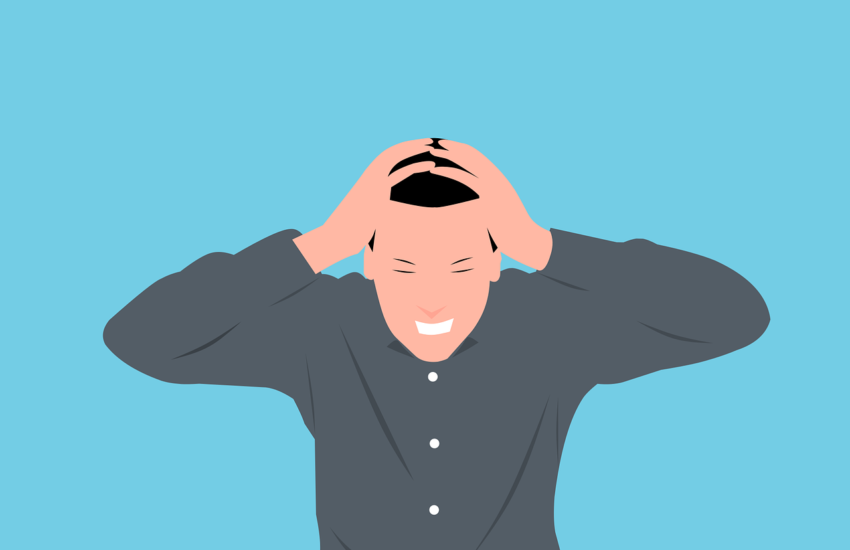Coping with stress is another competence that we learn from childhood. However, we rarely learn it to the extent that we can handle difficult situations in life or at work without problems. Again, the question is how to measure this competency to check the level of mastery and opportunities to improve this skill.
Stress in the workplace is experienced by everyone, regardless of their profession, position or salary. However, such nervous tension is not only characteristic of those who have an occupation. Stress also occurs when we are forced to wait for hours, stand still or perform monotonous tasks.
Stress has accompanied man since the beginning of mankind. It stimulates action, allows us to focus our attention on the important thing at the moment, and mobilizes us to make decisions. Psychologists define stress as a temporary, abnormal reaction of the human body. It differs from typical reflexes in that the whole body suffers as a result of stress. In addition, this reaction occurs in waves in a stress-relaxation cycle. If the first phase lasts too long, it can end not only in a decrease in efficiency at work, but in serious health problems.
That’s why we defined stress in our competency profiles as effective performance and coping with stressful situations.
Stress at work results not only from the number of tasks, but also from their difficulty. In the long run, the qualitative workload is usually more important than the number of responsibilities.
Therefore, we have distinguished 5 behavioral indicators by which we measure coping with stress, namely:
- Mastering the emotion/stress response
- Tolerating stressors (time pressure, competition, rivalry, struggle for resources
- Dealing with failure
- Tolerating the constant pressure of demands and evaluation of one’s work and self
- Balancing professional and personal spheres
As an example, below is a 5-point scale for assessing the “Mastering Emotions / Stress Reaction” indicator:
- Prolonged stress disorganizes his/her work. He/she does not know and does not use methods to reduce the level of bad stress.
- In case of prolonged stress, he/she needs the support of others.
- He/she uses appropriate techniques / methods to deal with stress so that he/she can better cope with internal tension.
- Even in a situation of prolonged stress, maintains constant efficiency in his/her performance; helps others in this regard.
- Popularizes and develops ways of coping with stress, allowing others to manage severe tension.
How this works in practice, check and measure your competence with the tools available here:

